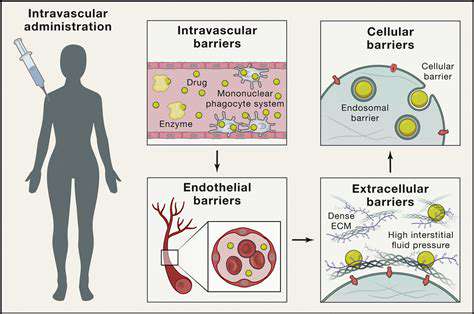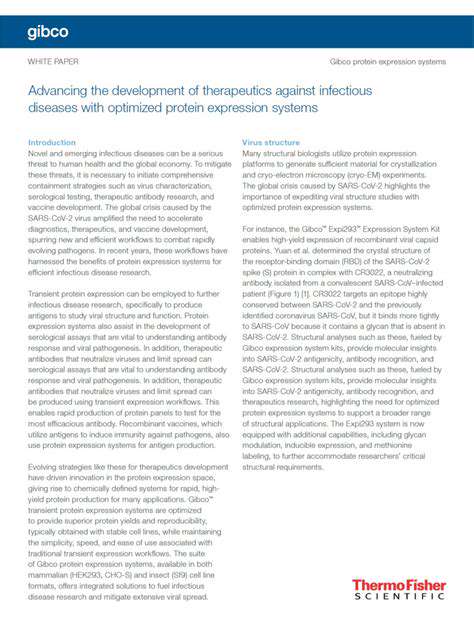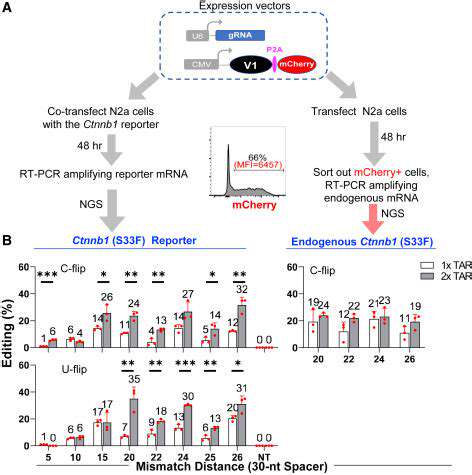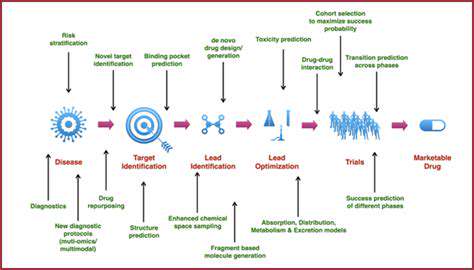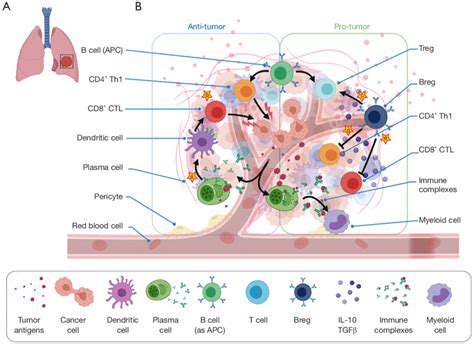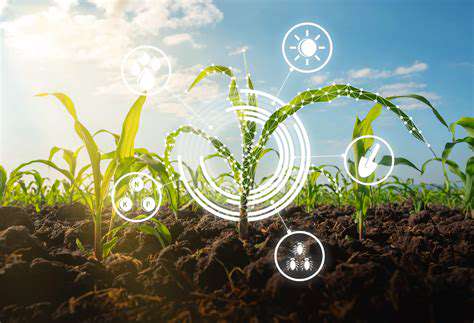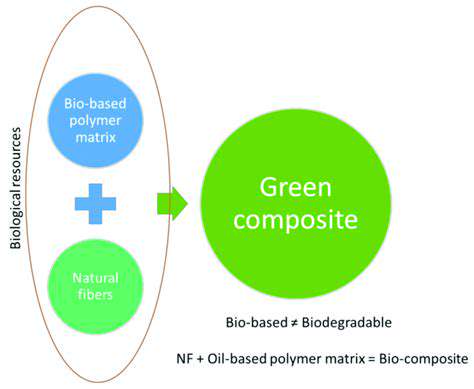Enhancing Nutritional Value and Functionality with Biotechnology
Improving Nutrient Profiles
Biotechnology offers powerful tools to enhance the nutritional value of crops by increasing the concentration of essential vitamins, minerals, and antioxidants. For instance, genetic engineering techniques can manipulate metabolic pathways to produce higher levels of beta-carotene in rice, effectively converting it into a more nutritious source of vitamin A. This is crucial in regions where vitamin A deficiency is prevalent, addressing a significant public health concern. Beyond boosting specific nutrients, biotechnology can also improve the bioavailability of existing nutrients, making them more readily absorbed by the human body.
Another significant application involves fortifying crops with essential amino acids. A diet lacking sufficient amino acids can hinder protein synthesis and overall health development, particularly in children and adolescents. Biotechnological interventions can create crops with enhanced amino acid profiles, contributing to a more balanced and complete nutritional intake. This is a critical aspect of food security, especially in developing countries.
Enhancing Functional Properties
Beyond nutritional value, biotechnology plays a vital role in modifying the functional properties of food crops. This includes improvements in texture, shelf-life, and digestibility. For example, genetic modifications can lead to crops with increased starch content suitable for industrial applications, or enhanced fiber content, resulting in foods that are more filling and potentially beneficial for digestive health.
Biotechnological advancements also enable the development of crops that are resistant to spoilage, extending their shelf life significantly. This reduces food waste, making food more accessible and affordable, especially in regions with limited cold-chain infrastructure. Furthermore, modifications to the composition of proteins or carbohydrates can improve the digestibility of crops, making them more easily absorbed by the human body and potentially reducing digestive issues.
Developing Novel Food Sources and Applications
Biotechnology opens doors to developing entirely new food sources and applications. Researchers are exploring the potential of using genetically modified microorganisms to produce novel food ingredients, such as proteins or carbohydrates, with unique characteristics. This approach can lead to the creation of alternative protein sources, potentially addressing global demand and concerns about sustainability in the food industry.
Additionally, biotechnological tools can be used to develop crops with enhanced tolerance to extreme environmental conditions, such as drought or salinity. This is crucial for agriculture in regions facing climate change challenges. By creating resilient crops, biotechnology supports sustainable food production in diverse environments.
Furthermore, biotechnology can enhance the nutritional value of non-traditional food sources, widening the range of available and potentially nutritious food options. Exploring and modifying these sources can lead to new possibilities for dietary diversification and nutrient intake.
Biotechnology offers a pathway to developing crops with enhanced bioactive compounds, potentially offering new health benefits. These compounds, which can range from antioxidants to anti-inflammatory agents, may contribute to disease prevention and overall well-being.
The exploration and development of novel food sources and applications through biotechnology hold significant promise for addressing global food security and promoting a healthier, more sustainable food system.
Biotechnology is also being used to create food products with improved texture, taste, and appearance, leading to more appealing and desirable food options for consumers.
Ultimately, biotechnology's role in developing novel food sources and applications is crucial for meeting the growing demands of a global population and promoting a more sustainable food system.


